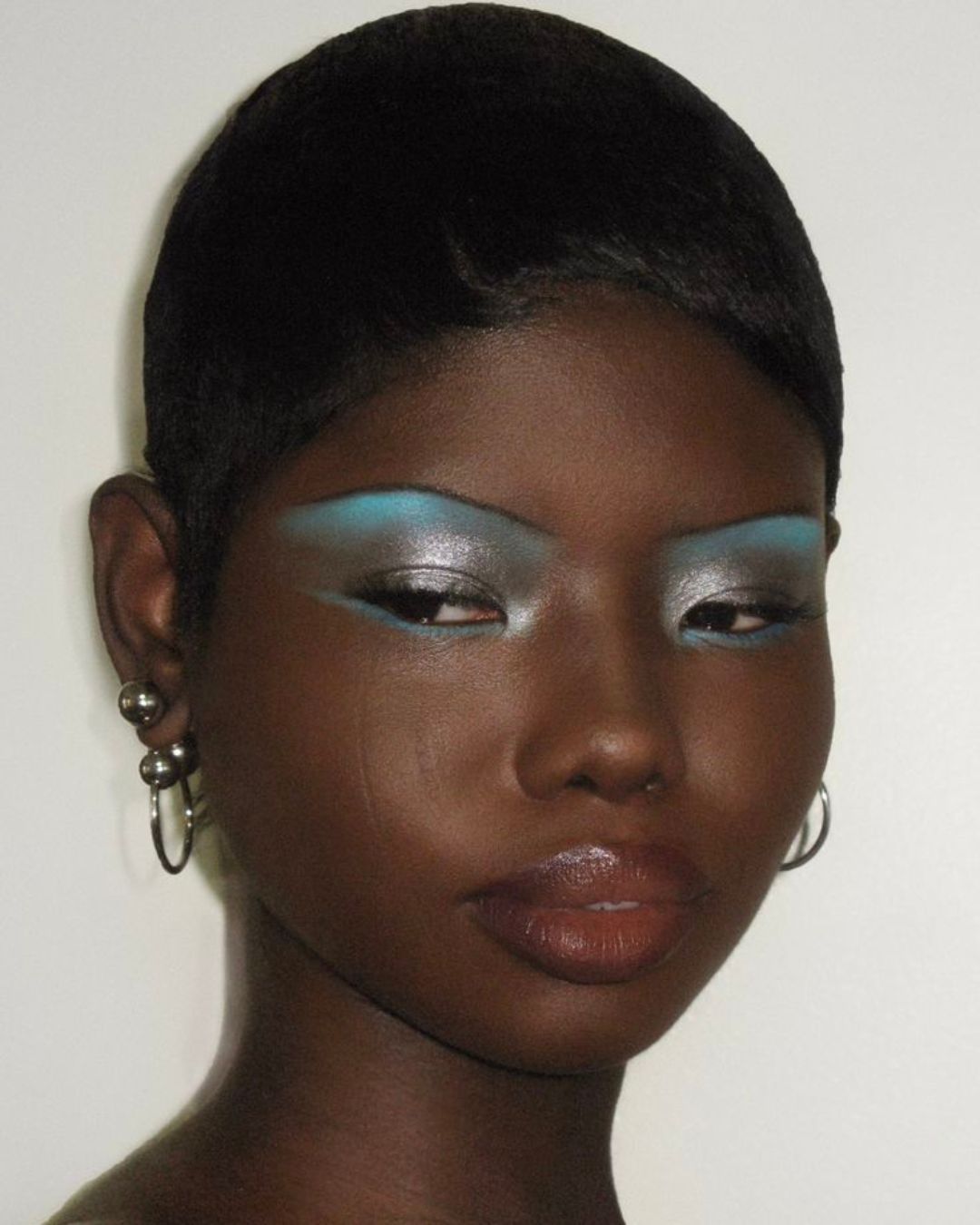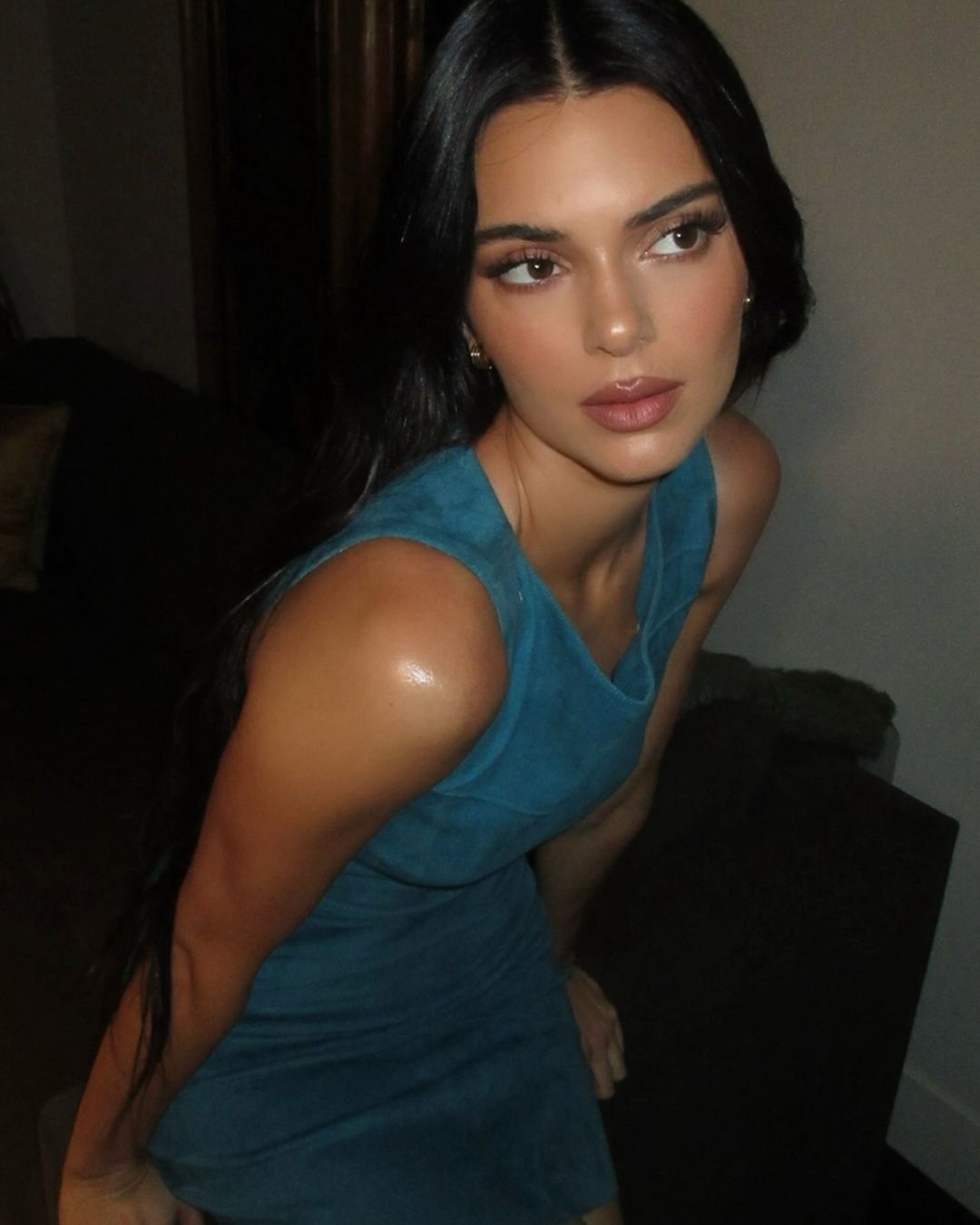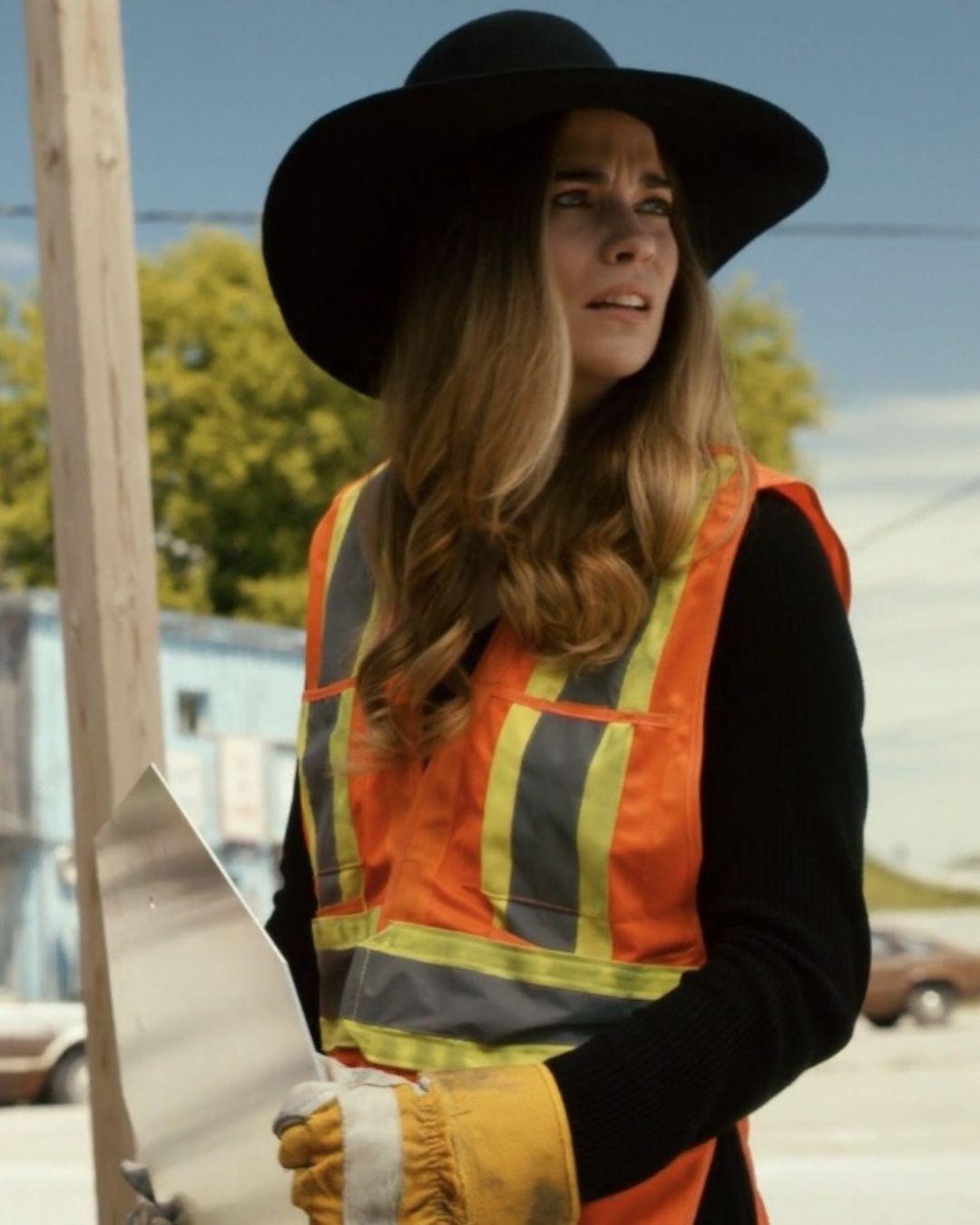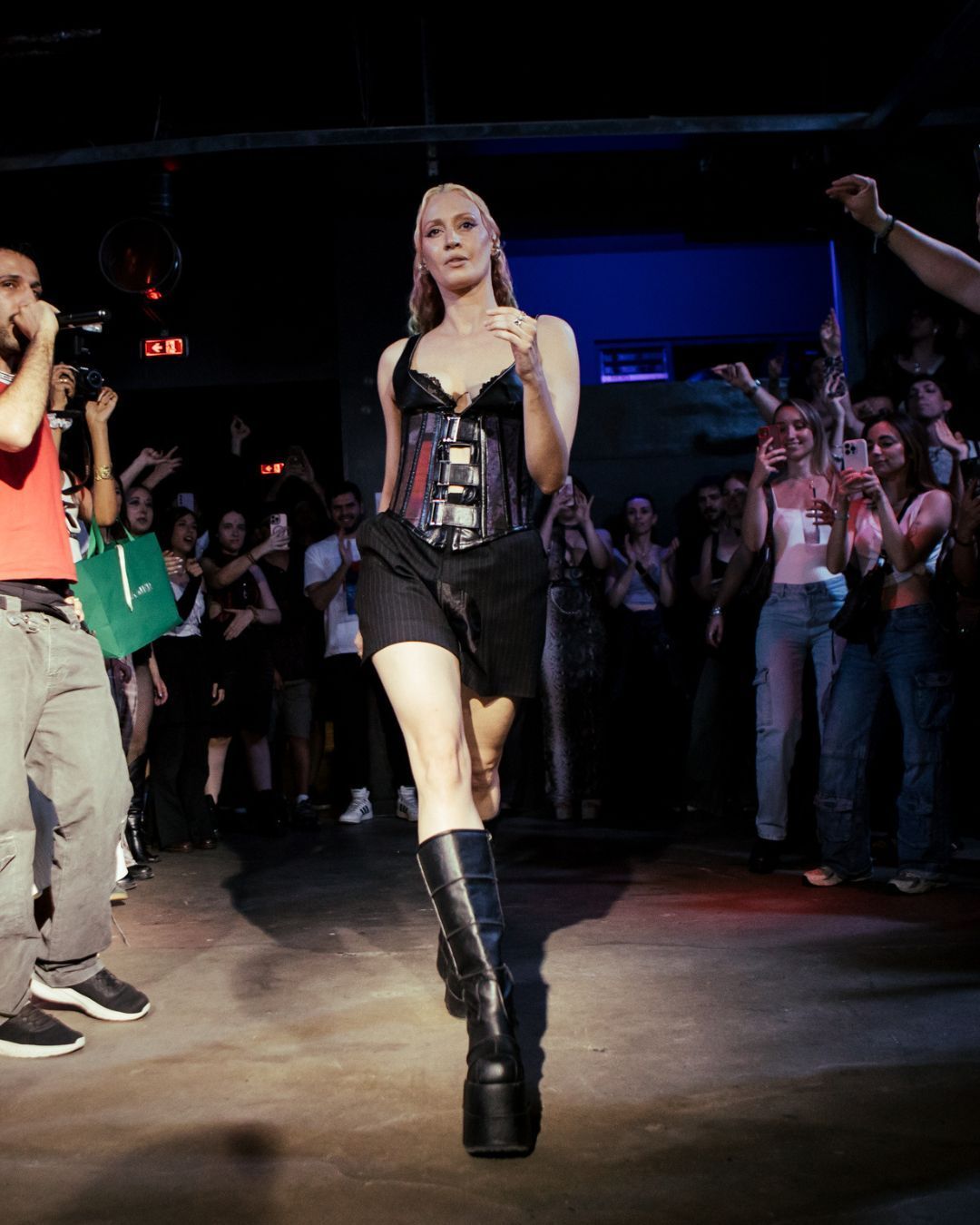
Why is having periods still a taboo in 2021? From Tampon Tax and period poverty, to stereotypes and #MHDay
Towards the end of the Seventies, Gloria Steinem wrote that if men could menstruate «clearly, menstruation would become an enviable, boast-worthy, masculine event: men would brag about how long and how much. Young boys would talk about it as the envied beginning of manhood. Gifts, religious ceremonies, family dinners, and stag parties would mark the day. Congress would fund a National Institute of Dysmenorrhea to help stamp out monthly discomforts. Sanitary supplies would be federally funded and free».
The article, written on Ms. magazine (co-founded by Steinem herself), was purely satirical, and in the firm man/woman binary opposition of the second feminist wave, Man was the symbol of the Patriarchate. Now that we are in the fourth wave, we abandon the rhetoric of the "man-eating" feminist to open ourselves to intersectional feminism capable of recognizing that "not all women have periods, and not all people who have periods are women”. In fact, even trans men, non-binary people, and many other identities beyond the "woman" category can have menstruation. In this, for example, the caption on Instagram of the Pantone campaign of September 2020 (with all its problems) had hit the mark, in which it spoke about people who menstruate and not about women.
Such campaigns, like Steinem's article at the time, are designed to overturn - with more or less irony depending on the case, like the Nuvenia commercial - a whole series of stereotypes, clichés, urban legends, and many, many taboos that still surround menstruation today. Many of these are recounted in the book Ceci est mon sang (i.e. This is my blood, 2018) by Élise Thiébaut: Pliny the Elder wrote that when a woman comes with menstruation, the must sours and the bees die, doctors and researchers of the early twentieth century (like Béla Shick or David Macht) spoke of menotoxins capable of wilting flowers, and we should therefore not be surprised if the idea that it is not possible to make mayonnaise while you are on your period is still so common.
Stereotypes reinforce the stigma. Just in these days two works by Alexsandro Palombo, artist and activist, have appeared in Milan to raise a simple question: for centuries we have looked at works of art that show the blood of sacred or profane wounds, why are we scandalized by menstrual blood? Palombo, in the Break The Taboo series, depicts Kim Kardashian, in a pose and with a blue cloth like a Madonna, and Marge Simpson, NSFW version, while menstruating.
May 28th is the International Day of Menstrual Hygiene, created in 2013 by WASH United, a nonprofit that carries out initiatives for access to drinking water and hygiene, in particular menstrual hygiene. The event has several purposes: it wants to emphasize the importance of appropriate sanitation, to extend education on the subject as much as possible, and also to raise awareness of the economic difficulties of many people who do not have the opportunity to buy sanitary pads. The latter concept is called period poverty, an example can be found in Kenya, where more than half of school-age girls do not have access to menstrual products. But also a 2017 research reported that one in ten girls in the UK cannot afford to buy sanitary pads and similar sanitary materials, and 14% ask friends and acquaintances for them because they are too expensive.
With the onset of the pandemic, the situation worsened and, among the various restrictions, a few months ago in Italy the case of a girl from a small town in the province of Lecce made headlines: she was prevented from buying sanitary pads at the supermarket after 6pm, as they were not formally considered basic necessities. This episode is part of the long discussion on the Tampon Tax, or the value-added tax (IVA in Italian) applied to sanitary pads, cups, and tampons, taxed at 22% as "luxury goods".
It is a debate that has been going on for some time, the first proposal to reduce taxation dates back to 2016 with Beatrice Brignone and Giuseppe Civati, then in 2018 it was filed by Pier Paolo Sileri, in 2019 another two were rejected, an amendment presented May from the PD party, and a bipartisan amendment (which requires an agreement between the majority and the opposition) promoted in November by Laura Boldrini. Among the reasons why the Tampon Tax has never been reduced is the lack of financial coverage, aka there is no money to allow such a relief, even if 97 million would be enough. Other explanations, on the other hand, shift the discussion on environmentalism - such as the unhappy comment of the deputy Francesco D’Uva - given that most sanitary pads contain microplastics and derivatives, and are therefore difficult to recycle.
There are several green solutions: menstrual cups, biodegradable, compostable pads and tampons, washable absorbent panties; but they are not universally valid. On these, among other things, from the 1st of January 2020, the tax was reduced to 5% and it is certainly excellent news, but at the same time it cannot be the only one. In fact, these are products that are not very common to find, even if in recent years various realities such as ThisUnique or Queesy have been born, offering a box service directly at home, and also providing information on the subject.
At the beginning of May, Senator Matteo Richetti presented a new bill in the Senate which would provide to lower the tax from 22% to 4%, ceasing to consider these products as luxury goods; to provide an annual credit of € 50 on the health card of women between 18 and 50 years of age; to distribute these goods free of charge in all secondary schools.
It should be a self-evident concept, but if we wanted to reiterate the obvious it would be enough to think that the essential goods, taxed at 4%, also include posters for election campaigns, while collector stamps have a 10% tax. While we hope that there are no other justifications, there is always the Onda Rosa petition to sign.
































































